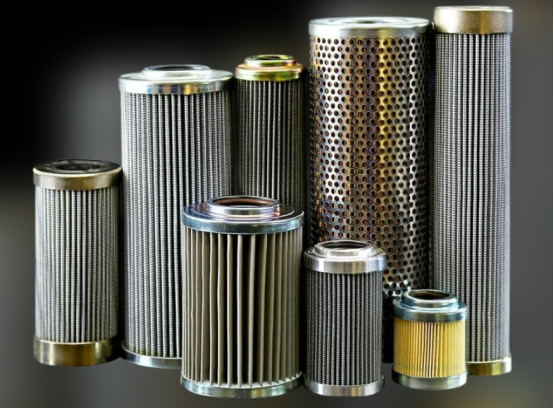As industries become increasingly reliant on high-performance hydraulic systems, the demand for durable and efficient hydraulic filter mesh is expected to grow rapidly in 2025. Buyers, engineers, and procurement managers are paying close attention to innovations, materials, and suppliers that can meet stricter contamination control standards and more complex application environments.
Here’s what you need to know about where the hydraulic filter mesh market is heading and how to make informed sourcing decisions.
Hydraulic filters play a critical role in protecting components such as pumps, valves, and actuators from wear and damage caused by contaminants. The mesh used in these filters is essential for determining the efficiency, flow rate, and durability of the filtration system.
In 2025, rising expectations for reliability, sustainability, and digital monitoring are transforming what buyers look for in hydraulic filter mesh solutions.
· Stainless steel remains dominant
· Growing demand for fine-woven and multilayered mesh materials for higher filtration precision
· Composite meshes and non-metal alternatives tested for lightweight systems (e.g., aerospace, mobile equipment)
· Manufacturers prioritize recyclable and long-life materials
· Mesh components designed for clean-in-place (CIP) systems gain traction in industrial settings
· Tailored filter mesh designs for specific pressure, viscosity, and temperature conditions in high demand
· OEMs require mesh components compatible with sensor-integrated smart filters
· Buyers prefer mesh solutions supporting pressure drop monitoring, clog indicators, and predictive maintenance
· Industry 4.0 drives demand for mesh compatibility with connected maintenance platforms
· Supply chain diversification encourages buyers to explore partners in Asia, Eastern Europe, and MENA regions
· Cost-performance balance remains key, alongside stable supply and consistent quality

To make strategic sourcing decisions in 2025, buyers must understand the complete structure of the hydraulic filter market, including the various categories and subtypes. Here’s how the market is segmented:
· Pressure Side Filters: Installed on high-pressure lines to protect sensitive components
· Return Side Filters: Clean oil before it returns to the reservoir
· Suction Side Filters: Prevent contaminants from entering the pump
· Offline Filters: Used in bypass filtration systems for high-efficiency cleaning
· Tank Breather Filters: Regulate clean air exchange in hydraulic tanks
· With Sensors: Filters equipped with clogging indicators and pressure monitoring sensors
· Without Sensors: Standard mechanical filtration units
· OEM (Original Equipment Manufacturer): Filters used directly in new systems
· Aftermarket: Replacement filters for existing equipment
· Automotive
· Aerospace
· Construction Equipment
· Industrial Machinery
· Marine Systems
· Mining Operations
· Petrochemical Plants
· Other Sectors
· Inline Pressure Filters: Durable designs for direct high-pressure protection
· Spin-On Pressure Filters: Compact, easy-to-replace units
· Return Line Filters: Standard filters on return lines
· High-Flow Return Filters: Designed for large return volumes
· Suction Strainers: Basic pre-pump protection
· Low-Pressure Suction Filters: For sensitive pump protection at low pressures
· Portable Units: Mobile filtration systems for service and maintenance
· Fixed Units: Installed permanently for continuous fluid cleaning
· Standard Breathers: Prevent pressure build-up
· Desiccant Breathers: Remove moisture and prevent corrosion
As the hydraulic filtration market evolves, buyers must look beyond basic specifications. In 2025, the focus is shifting toward filtration mesh solutions that:
· Are engineered for application-specific performance
· Support data-driven maintenance and predictive diagnostics
· Balance cost-effectiveness with lifecycle value
· Offer supply chain reliability and technical support
By understanding the full market landscape and keeping pace with trends in materials, design, and system integration, procurement professionals can secure high-performing, future-ready hydraulic filter mesh components.
Whether you’re sourcing for OEM integration or aftermarket excellence, Jiushen delivers custom-engineered mesh solutions for hydraulic filters that meet industry demands for durability, flow efficiency, and contamination control.
Reach out to Jiushen today and discover how our mesh technology can optimize your hydraulic systems for 2025 and beyond.
Copyright © Hebei Jiushen Wire Weaving Co., Ltd. All Rights Reserved. |
Sitemap
| Technical Support:
